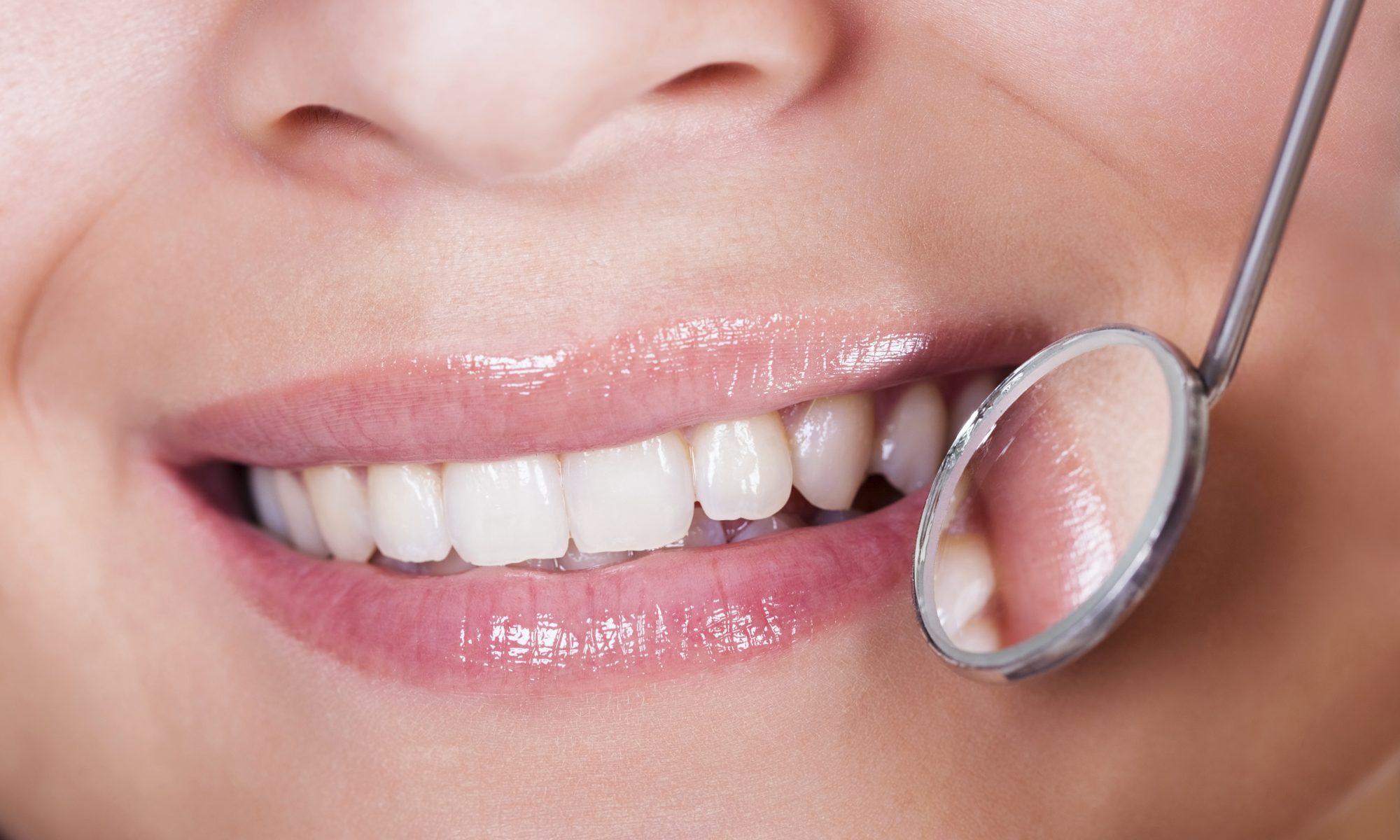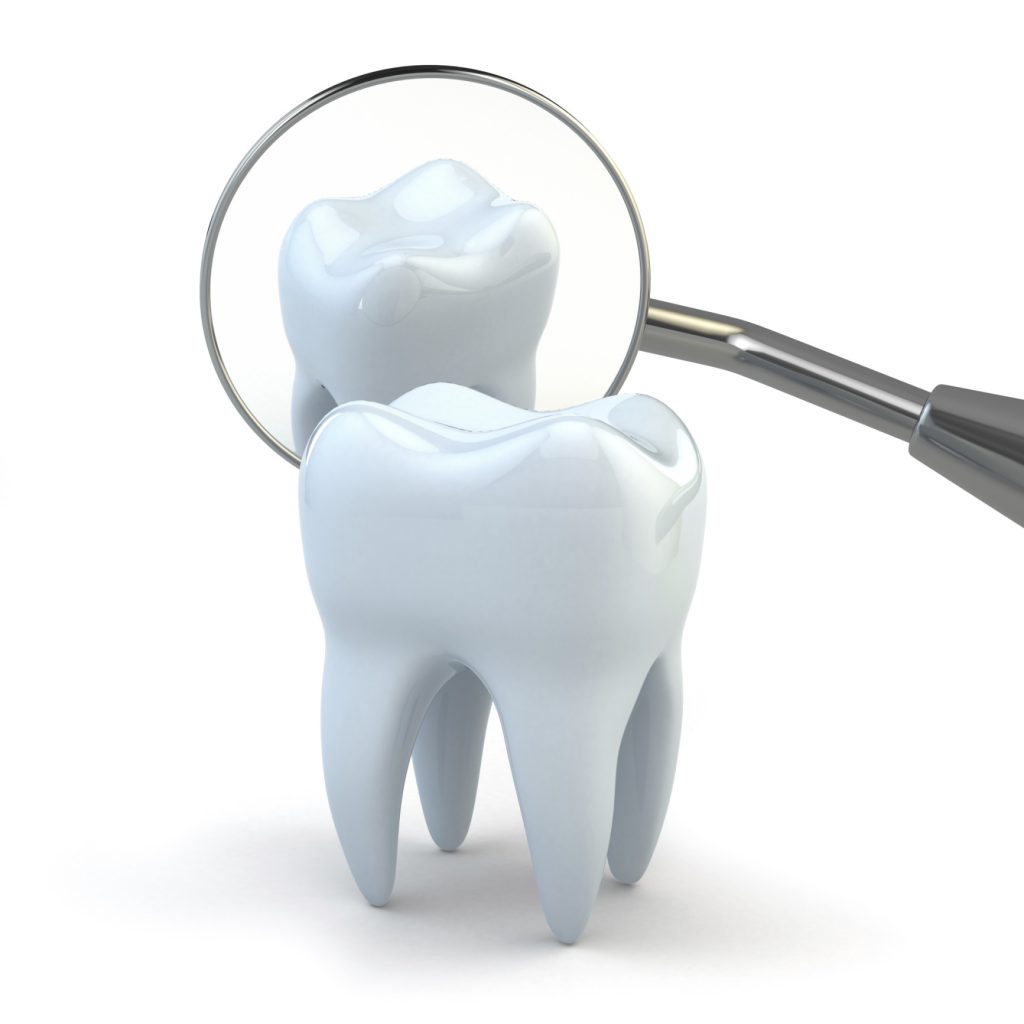Saliva is often overlooked, yet it plays a vital role in maintaining good oral and dental health. This clear, watery fluid produced by the salivary glands does far more than simply keep the mouth moist—it acts as one of the body’s first lines of defense against dental disease.
One of saliva’s most important functions is protecting teeth from decay. Every time we eat or drink, acids are produced in the mouth, especially after consuming sugary or starchy foods. These acids can erode tooth enamel, leading to cavities. Saliva helps neutralize these acids, restoring the mouth’s natural pH balance and reducing the risk of enamel damage. In addition, saliva contains calcium and phosphate, which aid in the remineralization of enamel, helping to repair early signs of tooth decay.
Saliva also plays a crucial role in controlling bacteria. The mouth naturally contains millions of bacteria, some of which contribute to plaque buildup, gum disease, and bad breath. Saliva helps wash away food particles and bacteria, preventing them from sticking to teeth and gums. It also contains antimicrobial proteins and enzymes that limit bacterial growth and reduce the risk of oral infections.
Another key function of saliva is supporting healthy gums and soft tissues. By keeping the mouth moist, saliva prevents dryness that can lead to irritation, sores, and infections. Adequate saliva flow is especially important for people who wear dentures, as it helps improve comfort and reduces friction that can cause ulcers.
Saliva is also essential for digestion and everyday oral functions. It begins the digestive process by breaking down food, making chewing and swallowing easier. Without sufficient saliva, speaking, tasting, and swallowing can become difficult and uncomfortable.
When saliva production is reduced—a condition known as dry mouth or xerostomia—the risk of cavities, gum disease, and oral infections increases significantly. Dry mouth can be caused by medications, dehydration, stress, aging, or certain medical conditions.
Maintaining good hydration, practicing proper oral hygiene, and visiting the dentist regularly can help support healthy saliva production. Though often unnoticed, saliva is indispensable for protecting teeth, maintaining oral comfort, and ensuring long-term dental health.
Schedule your appointment today. Call Dr. Katia Doumit in Ottawa, Ontario at 613-232-8000 or visit www.urbandentalcentre.com. Dr. Doumit proudly serves Ottawa and all surrounding areas.









